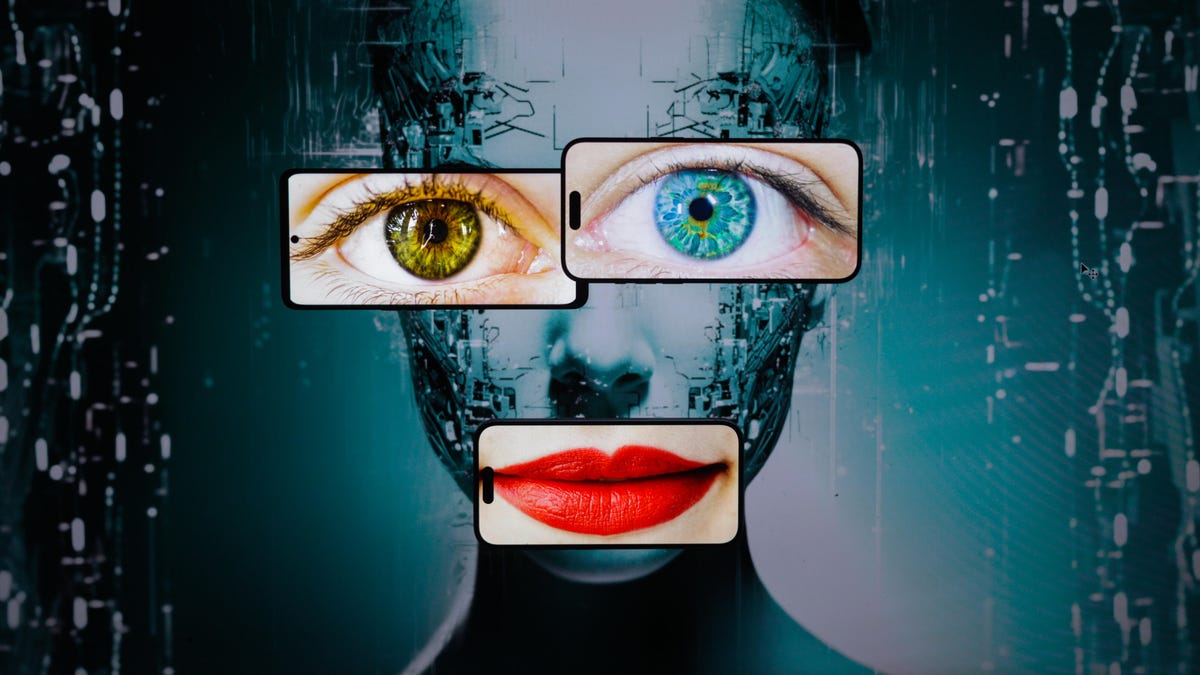August 14, 2025
5 min read
@CNET
AI Agents Now Account for a Third of Brand Search Traffic, Report Reveals
AI agents are engaging in brand-related searches at a scale equivalent to a third of traditional organic search traffic, according to a recent report by digital marketing company BrightEdge. BrightEdge defines an AI agent as any AI tool that performs tasks on behalf of users. For example, when you ask ChatGPT to find the most cost-effective bikes for teenagers to ride on gravel, it uses its live web browsing feature to search across bicycle brands and gather relevant information. ChatGPT is not the only AI search agent; others include Google's Gemini, Perplexity, Microsoft Copilot, and Claude. The concept of "agentic AI" extends beyond these chatbots. The report does not yet include newer AI tools like ChatGPT Agent, which can operate in a virtual desktop environment to perform tasks such as booking flights or ordering food, going beyond simple research. "First, we'll be delegating more decision-making and prioritization to LLMs – similar to how Google became the main entry point to the web, but this time with multiple players like Google, ChatGPT and potentially others," said BrightEdge CEO Jim Yu. "Second, we'll gain the ability to match and research products and services at a level of detail that simply wasn't practical before. The flip side is that what you see will depend on what the AI finds and prioritizes, which will have implications for transparency, diversity of results and accuracy." The rise of AI means that humans are increasingly offloading informational synthesis to machines, making research faster and easier. This also enables highly specific product searches, eliminating the need to sift through reviews and comments manually.Optimizing for AI
Marketers and SEO experts are shifting focus from traditional Google Search optimization to AI optimization. Previously, brands aimed to rank highly on Google for keywords like "shoes" or "sneakers" to increase sales. Now, brands must also ensure their products are recommended by AI chatbots such as ChatGPT. This requires a combination of traditional SEO techniques and generative engine optimization (GEO). Since AI tools aim to understand user intent deeply, brands need to optimize their content for AI readability, which often involves structured data and more complex variables. "History shows that gaming the algorithm never leads to high-quality results," Yu noted. "At some point, the company supplying the answers must step in to address it or risk losing users to better alternatives." AI chatbots are vulnerable to prompt injection — a malicious technique that tricks AI into altering its responses. Yu acknowledges this risk but expects AI companies to develop safeguards. "The difference is that AI systems have the potential to cross-check information and apply richer quality signals than traditional search," Yu added. "At the core, brands still need to focus on creating trustworthy, authoritative content and monitoring how they're represented in AI-driven answers." Disclosure: Ziff Davis, CNET's parent company, filed a lawsuit against OpenAI in April, alleging copyright infringement in training and operating its AI systems.Source: CNET on August 13, 2025.

